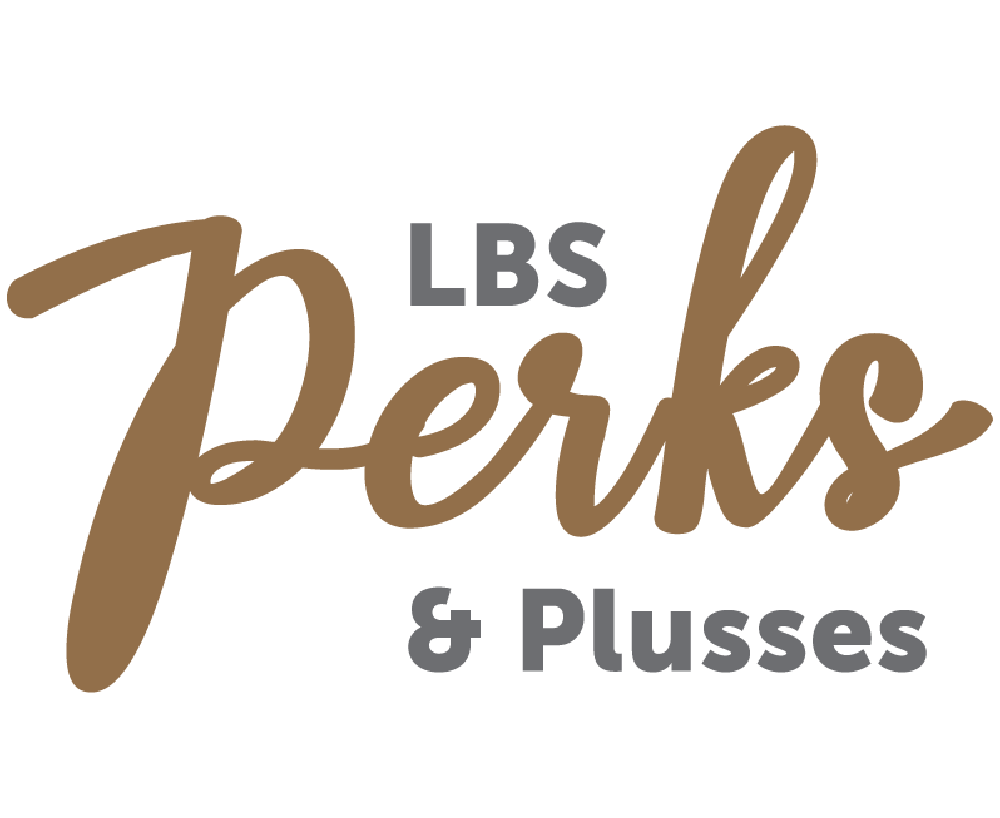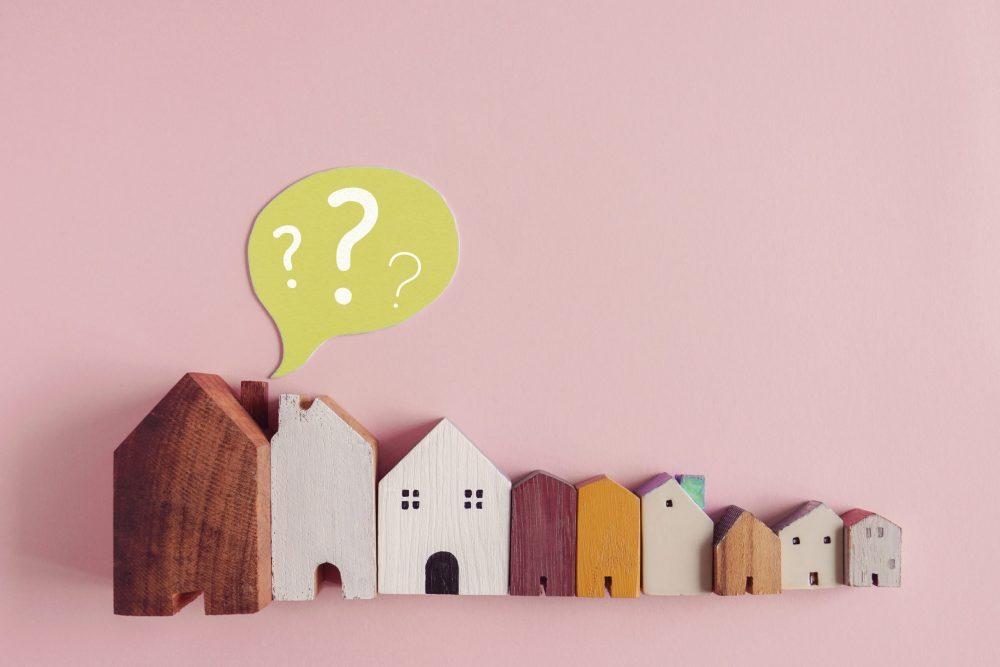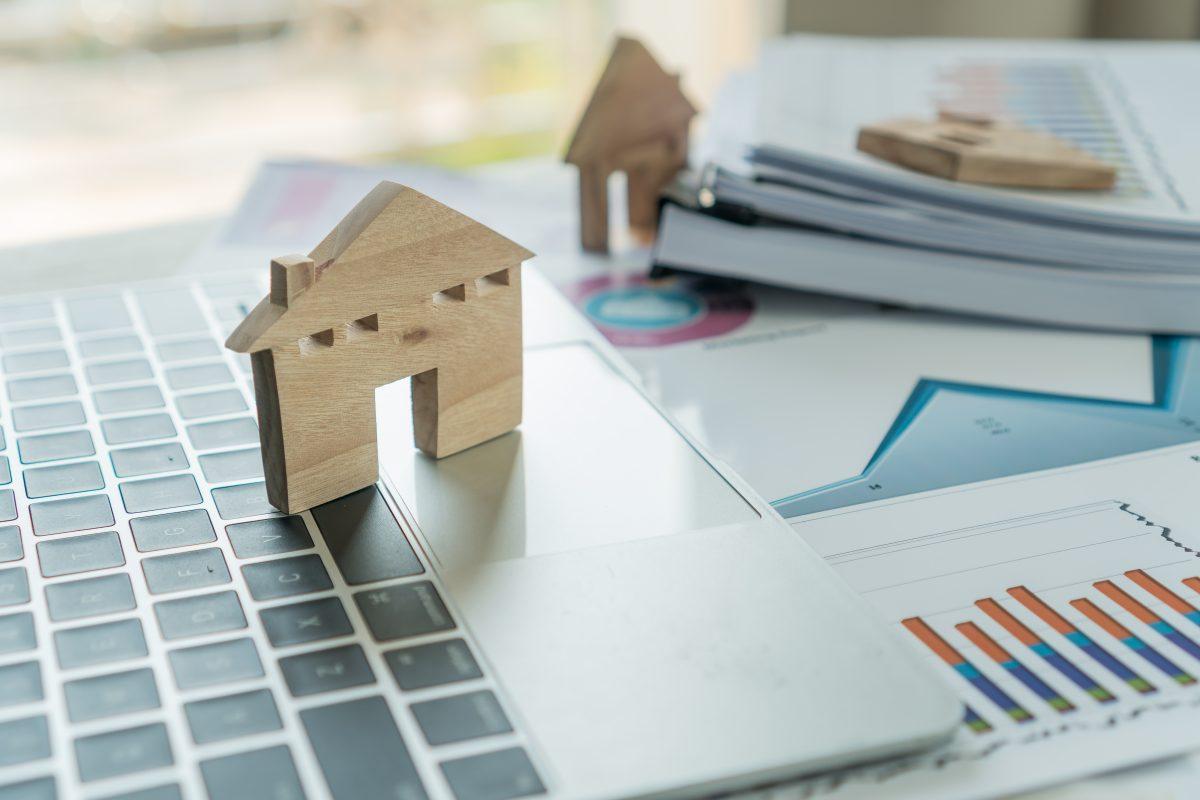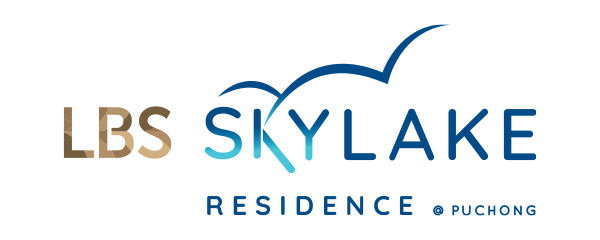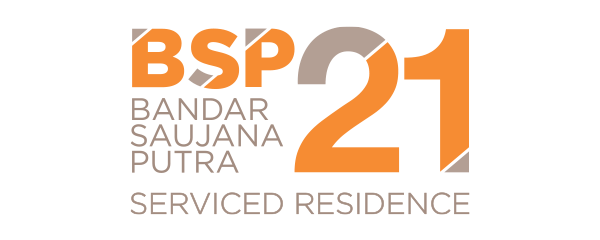Common Rituals And Taboos Moving Into New House
D
on
November 30, 2021
Feng shui is a pseudoscientific traditional practice originating from ancient China, which claims to use energy forces to harmonise individuals with their surrounding environment. The term ‘feng shui’ literally translates as “wind-water” in English, and is considered as one of the Five Arts of Chinese Metaphysics, classified as physiognomy (observation of appearances through formulas and calculations). The feng shui practice discusses architecture in terms of “invisible forces” that bind the universe, earth, and humanity together, known as qi.
In today’s age, the new generations hardly believe in this practice anymore. In Malaysia, the practice of feng shui transcends through races. Each race has their own set of beliefs and whether you personally believe in it or not, today we are going to talk about the feng shui beliefs among Malaysia’s three main races.
The Malays, the Chinese, and the Indians, all have their own moving rituals that they practice before moving in into a new, empty house. Of course, these days, practicing these rituals is more of a pleasing act for the parents, although the belief is starting to regain popularity among youngsters who are interested in having “good energy” flow through their house.
For Malays, their moving ‘feng shui’ is based on their religion – Islam. As Muslims, they’d recite surahs from the Quran and perform azan and prayers when they first move in into an empty house. Muslims believe in the existence of other entities / spirits, and these entities are believed to often reside in empty, “abandoned” houses and by doing these moving-in “rituals”, it’ll alert the entities of new residents coming in and that they should leave the house. Muslims also believe this practice will help guard the house from any visit of these entities for as long as they reside there.
The Malays also often organise a housewarming event whenever they move in into their new house. Traditionally, the event begins with prayers recital known as ‘doa selamat’. Usually but not necessarily, a Tok Imam (religion leader) would lead this recital as to bless the home and the family living in it. Alternatively, this recital can also be led by an elderly male of the family. The event is then followed by a feast session that is meant to form bond between the family and their new community. It is also often used as a chance for them to introduce their family members and friends to their new neighbours and vice versa. This practice often initiates trustworthy relationships between the parties involved.
The Chinese community is also rich with traditions and feng shui beliefs when they want to move in into a new house. Traditionally they would leave the lights on starting three days before moving-in day as to fill the house with ‘yang’ (positive) energy and to rid of any ‘yin’ (negative) energy. Moving in into a new house filled with yang energy indicates a new positive beginning for the family that will hopefully lead to many fruitful opportunities and abundance of prosperity.
Another common Chinese tradition is to open all doors and windows when first moving in. Generally, this allows fresh air and sunlight to travel in and out of the house, creating a fresh atmosphere and making the new home feels vibrant. However, this ritual is also embedded in the yin & yang belief. By leaving the doors and windows open, it is believed that it will attract more positive and prosperous energy to flow into the home, increasing the family’s luck.
As for the Indians, their moving-in beliefs are just as interesting as the other two races. A huge majority of the Malaysian-Indians are Hindus, and when they first move in into a new home, they would invite a priest over to lead the moving-in prayer. This includes setting up a prayer room and displaying a photo of one of their Gods and setting up an oil lamp. Post-prayer, the family will then boil milk in a brand-new pot until it overflows and spills over. This milk is now considered as holy water, and it will be offered to the family’s patron God and the remaining will be served to the guests. A portion of it will be sprinkled around the house to ward off evil spirits and negative energies.
Another traditional feng shui ritual for the Indians is to break a coconut – a fruit that is considered as sacred and pure according to Hindu values. Families are encouraged to break a coconut by throwing it onto the ground when they are moving in into a new home as an act to receive blessings from God. This ritual is also a common practice during other various occasions such as weddings and festivals.
These are among the common feng shui practiced by the three main races in Malaysia. Being a melting pot of races and culture, there are plenty more races with plenty more beliefs that are practiced in Malaysia, and whether you believe in them or not, it sure is interesting to learn about them and to cherish the diversity among us Malaysians.

